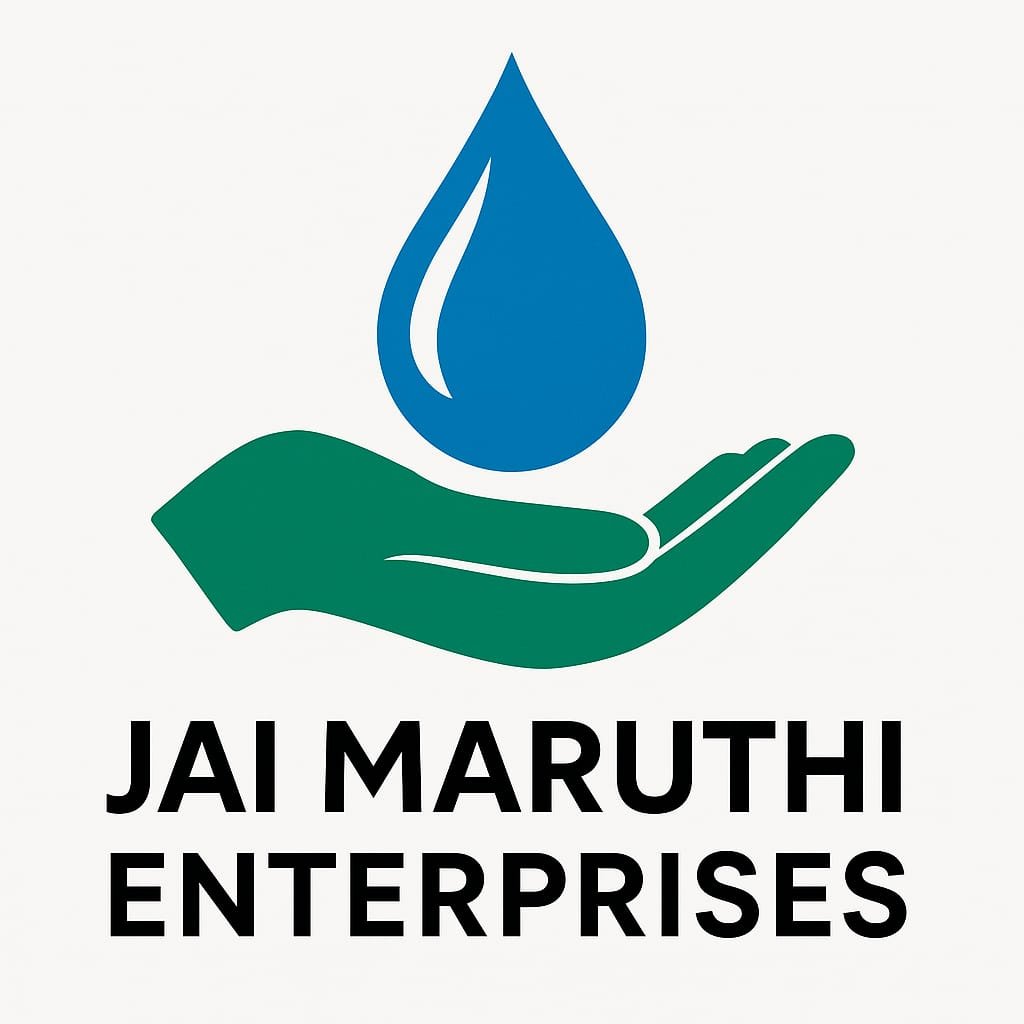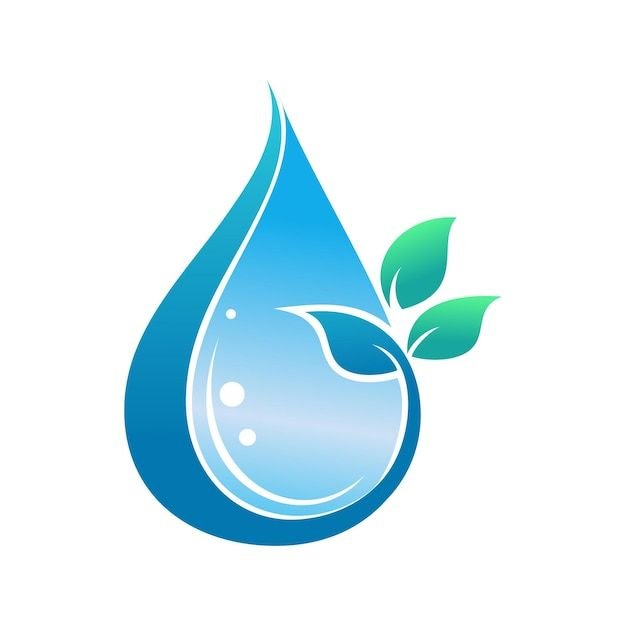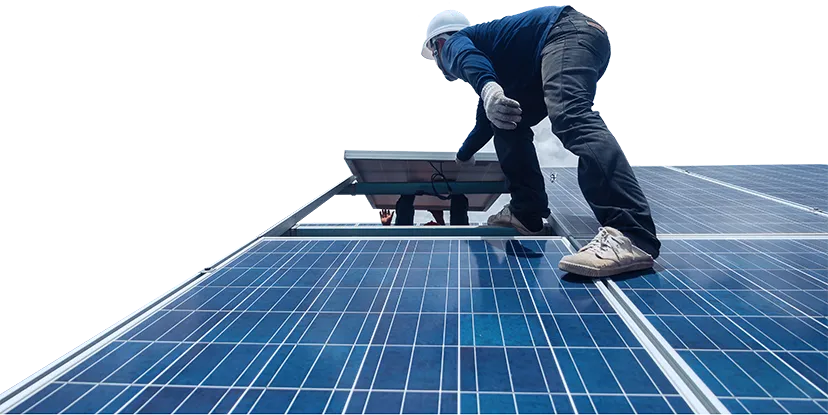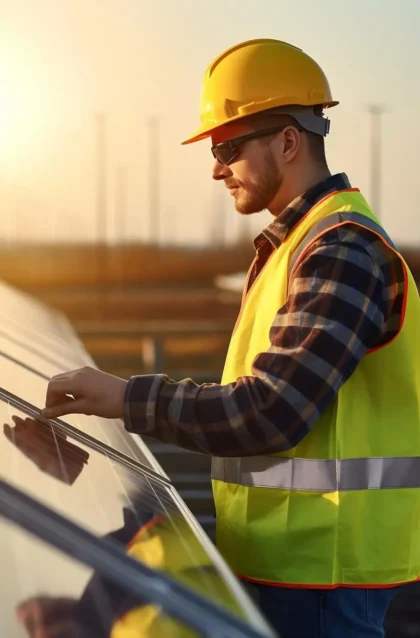
+234 567 8113
Water Softeners
Hard water causes scale buildup, rough skin, dull hair, and reduces the lifespan of geysers, washing machines, and plumbing systems. Aquaspark’s water softeners (both automatic and manual) convert hard water into soft water by removing calcium and magnesium salts, ensuring smooth flow and improved water quality.
“Automatic & Manual Systems -Say goodbye to hard water problems.”
Effects of Hard Water:
- Dry hair and irritated skin
- White spots on bathroom fixtures and tiles
- Soap and detergent don’t lather well.
- Clogged pipes and damaged water heaters
Softener Benefits:
- Increases appliance life
- Better lathering with soaps and shampoos
- Reduces plumbing repair costs
- Softer skin, shinier hair, and cleaner clothes
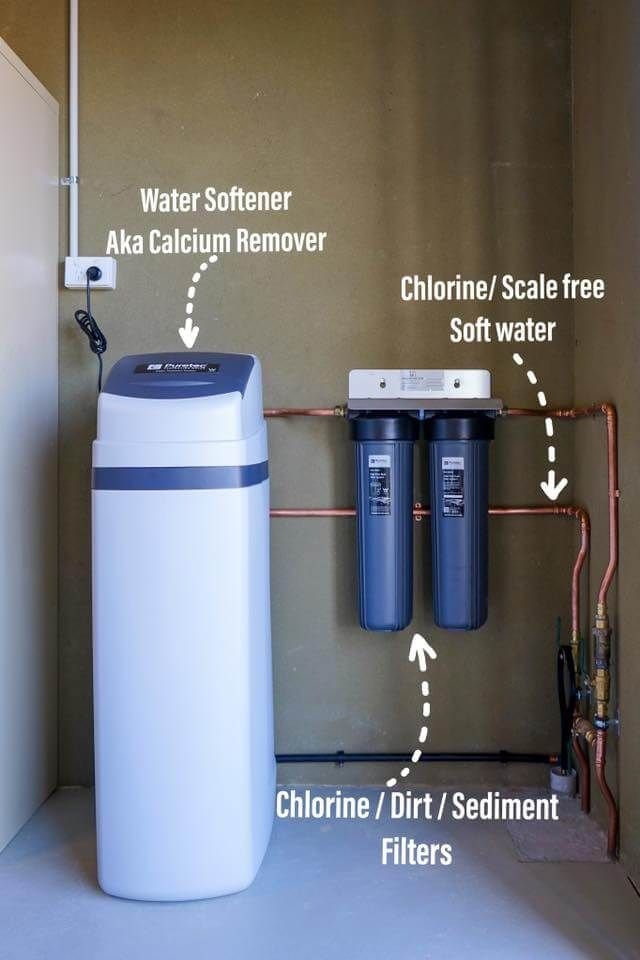
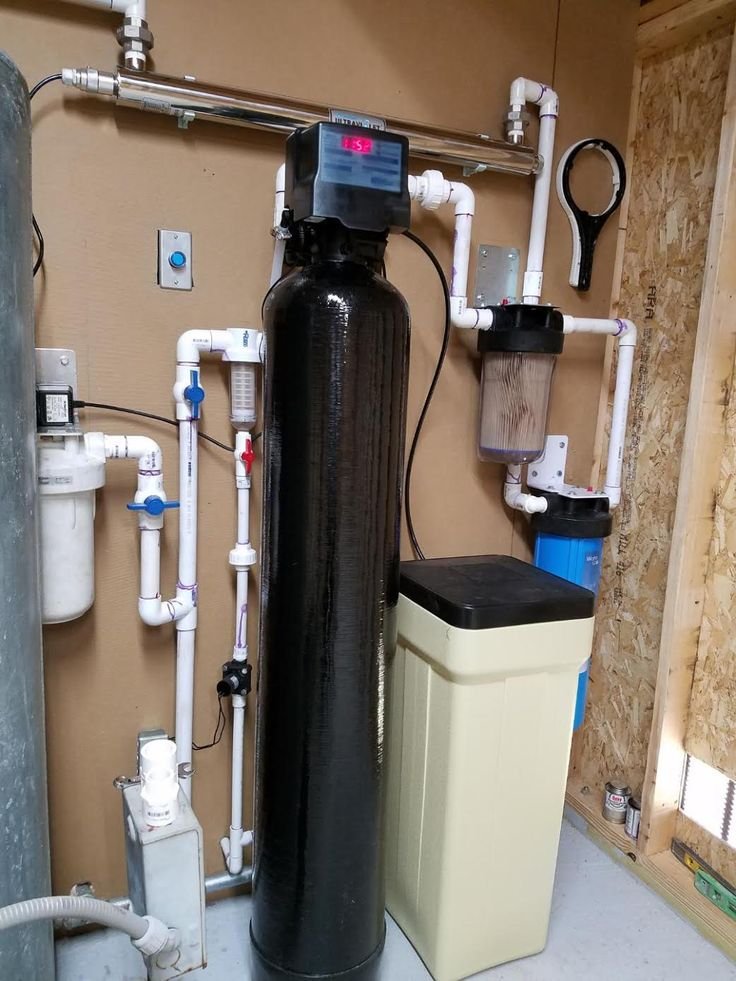
What is a water softener and how does it work?
A water softener removes calcium and magnesium salts from hard water through ion-exchange technology, converting it into soft water that’s gentler on skin, hair, and appliances.
What’s the difference between automatic and manual water softeners?
Automatic softeners regenerate based on pre-set schedules with minimal intervention.
Manual systems require user-controlled backwashing.
Aquaspark offers both, based on your usage and convenience.
Where should a water softener be installed?
Typically at the main water inlet or near water storage tanks, so all incoming water—used for bathing, washing, and cleaning—is softened.
How will I know if I need a water softener?
If you see white stains on tiles, dull laundry, rough skin, hair fall, or reduced appliance life, it’s a strong sign of hard water. We offer onsite water testing to confirm.
